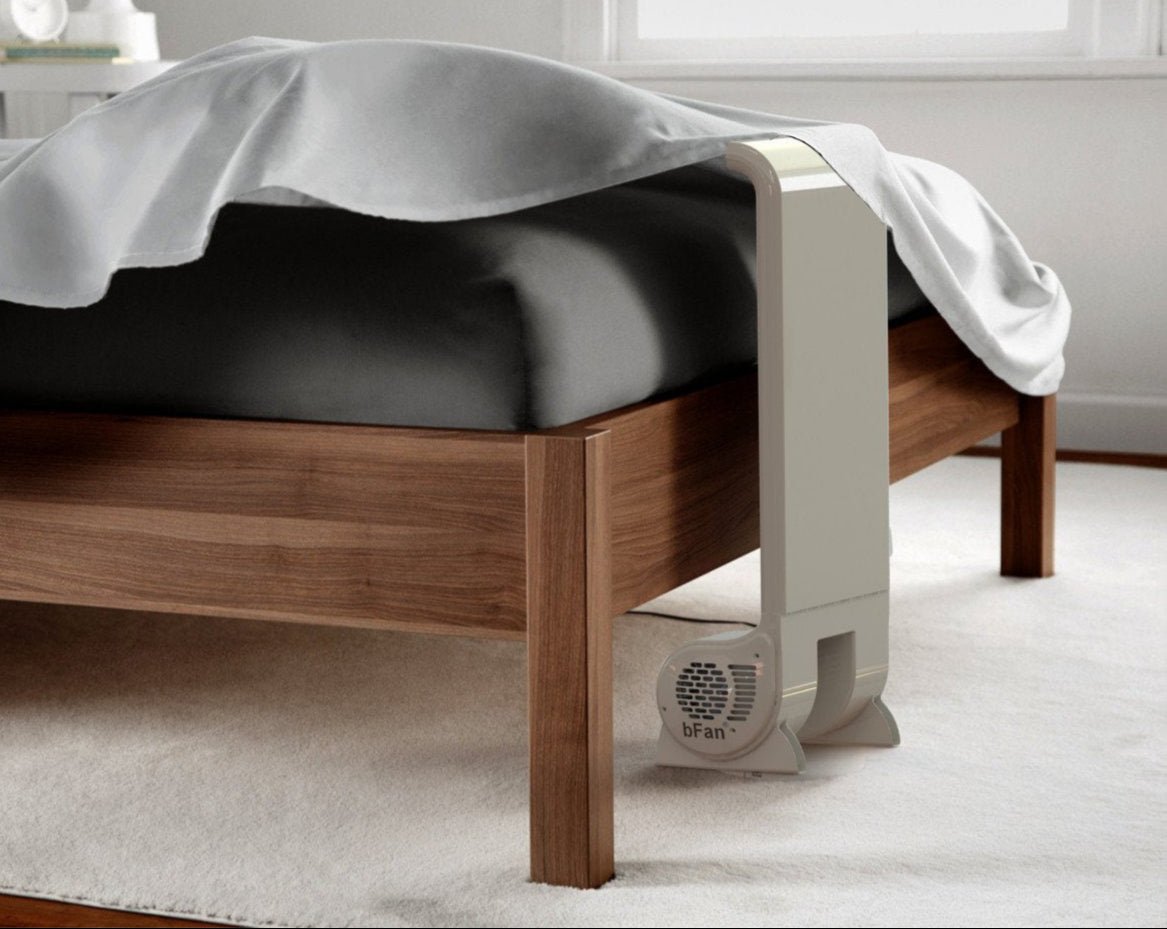Covid-19 y sudores nocturnos
Covid-19 puede presentarse con muchos síntomas, como sudores nocturnos, que varían de persona a persona. Para hacer las cosas aún más complicadas, tiene múltiples variantes que se presentan con síntomas ligeramente diferentes.
Covid-19 generalmente presenta los siguientes síntomas:- Fiebre o escalofríos
- Dificultad para respirar
- Tos
- Dolor de cabeza
- Diarrea
- Pérdida del sabor u olor
- Fatiga
- Dolores corporales
- Náuseas o vómitos
- Dolor de garganta
- Fiebre
- Rinorrea
- Dolor de cabeza
- Dolor de garganta
- Fiebre
- Dolor corporal
- Estornudo
- Dolor de garganta
- Tos seca
- Dolor de cabeza
- Fatiga
- Sudores nocturnos
Los síntomas que se muestran con las diferentes variantes de Covid-19 son muy similares. Además, los síntomas de la gripe también son muy similares a los de Covid-19. Por lo tanto, la única forma de verificar si la enfermedad que causa estos síntomas es Covid-19 es realizar una prueba covid. Sin embargo, los sudores nocturnos no solo ocurren con Covid-19 agudo; También pueden suceder con Covid-19 post-agudo.
Covid-19 post-agudo, también conocido como Covid Long, es la presencia de síntomas covid durante 12 semanas antes de la aparición de Covid. Entre el 10% y el 30% de las personas que contratan Covid experimentarán un largo covid, y no existe una correlación entre la gravedad del covid agudo y la probabilidad de desarrollar un largo covid. Los síntomas comunes de Covid Long son dolores de cabeza, dificultad para concentrarse, fatiga, dolores musculares y articulares, dificultad para dormir, fiebre, ansiedad, depresión, dolor en el pecho, pulso rápido y sudores nocturnos.
Aquellos que sufren un gran covid a menudo tienen muchos problemas para dormir, llamado Insomnio Covid. A menudo informan tener problemas para quedarse dormidos y quedarse dormidos. El insomnio covid ocurre debido a la mala calidad del sueño, las alteraciones del horario de sueño/estela e insomnio. Los sudores nocturnos también contribuyen a la mala calidad del sueño en aquellos que sufren de un largo covid.
La mejor manera de combatir los sudores nocturnos en aquellos que sufren de Covid-19 agudos y Covid-19 post-agudo es desarrollar una buena higiene del sueño. La buena higiene del sueño consiste en un ambiente de buen dormitorio y rutinas que promueven el sueño. Además, tener una buena higiene del sueño es beneficioso para la salud mental y física, lo que hace que la higiene del sueño sea una parte central de la buena salud. Tanto los niños como los adultos pueden beneficiarse de una buena higiene del sueño.
Las rutinas que promueven el sueño deben tener una hora de dormir sólida y un tiempo de despertar fijo, lo que permite que su cuerpo se mueva en un ritmo. También debe haber un período de treinta minutos antes de acostarse a la relajación. Idealmente, este período debería estar libre de dispositivos para que no haya exposición a la luz azul o las distracciones. La música relajante, el estiramiento, la lectura y el té caliente (especialmente la manzanilla o la lavanda) son actividades relajantes para participar antes de acostarse.
Un buen ambiente de dormitorio prioriza la comodidad. Invertir en un colchón y almohadas cómodos es esencial para crear el entorno de dormitorio perfecto. Un buen colchón es una parte crucial de una habitación que promueve el sueño. La temperatura del dormitorio debe ser fresca, idealmente alrededor de 65 grados Fahrenheit. Especialmente para alguien que lucha con sudores nocturnos, los fanáticos son excelentes para una mayor comodidad. El flan de la cama es especialmente bueno para aquellos que luchan con sudores nocturnos, ya que sopla el aire directamente sobre el cuerpo.
Compartir

